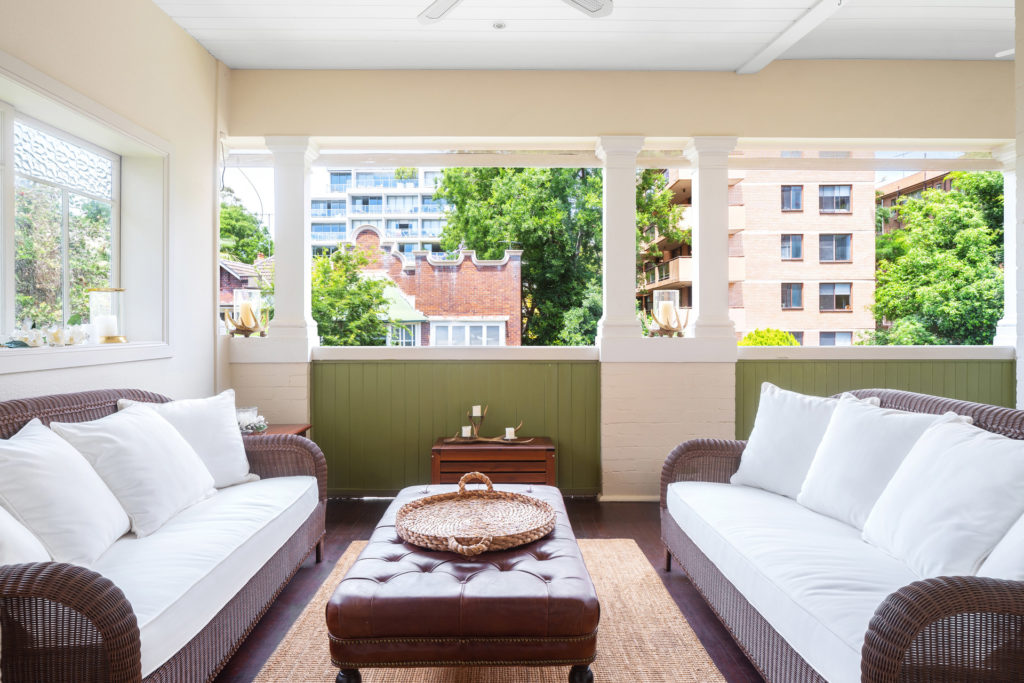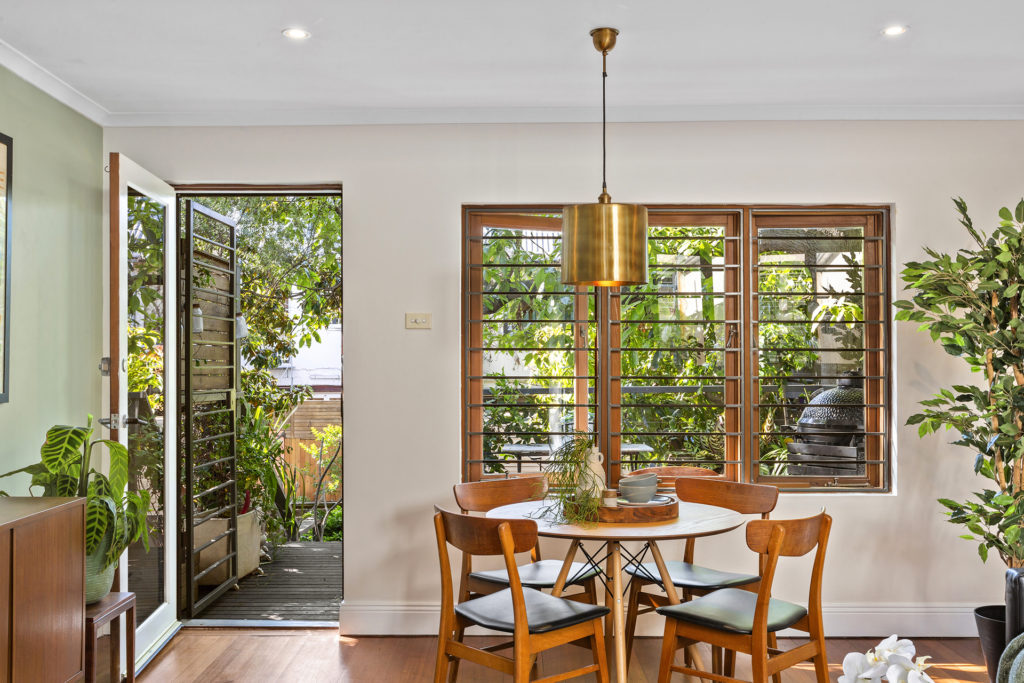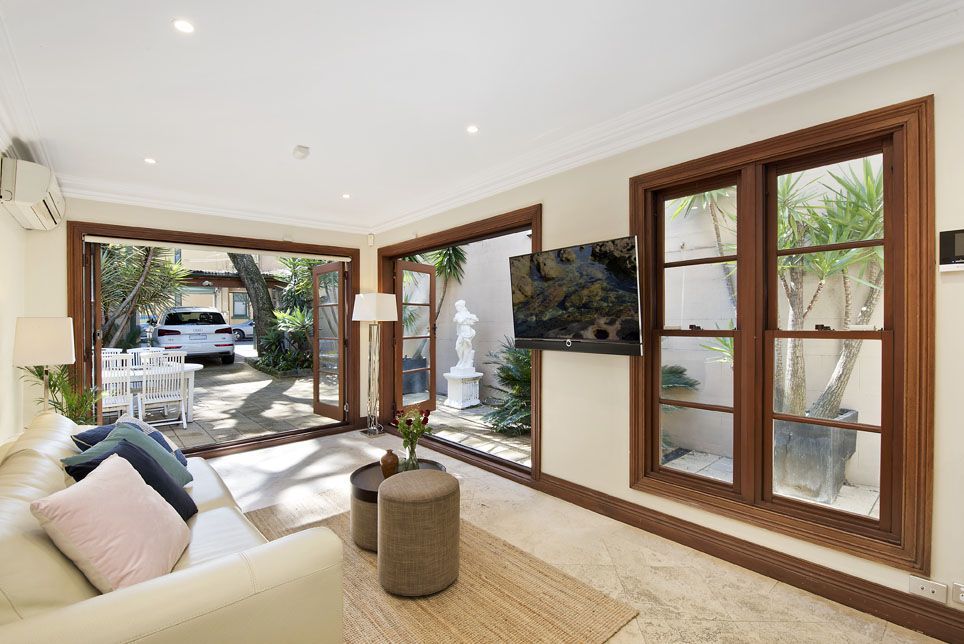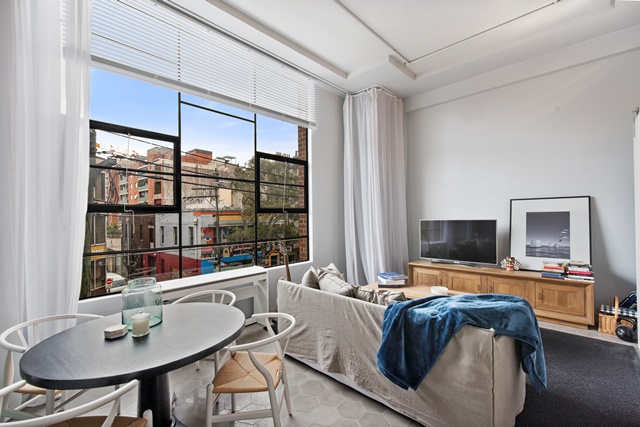Here is a classic question often asked by millennials. Should you rent or buy? It’s all too often that you’ll open Instagram to realise a friend has purchased their first house and you sit there wondering whether you’re throwing money down the drain by renting.
So why do some people believe homeownership is a smart financial move while some believe it’s one of the worst financial moves you can make?
To address the renting vs buying question, it helps to see both sides of the argument. This article will give you the economic tools to enhance your decision-making process so you can decide for yourself.
Related articles:
- Owning Your Own Home Before Thirty—Here’s How
- Who Has the Cheapest Rent in Australia?
- Home Buying Tips for Every Age
Arguments for buying a home
Here’s what to consider before buying your first home:

1. Property appreciation
If you buy a property in periods of growth, the value of houses (and one’s equity) will inevitably increase, meaning that if you sell your house at a prime time, you will gain a significant return on your investment.
2. Decrease in property prices
On the other hand, property prices in Australia are down right now. The median property price in Australia has fallen by 3.2% over the past 12 months. This means that you may be able to get a better deal on a home now than you would have been able to a year ago.
3. Tax benefits to owning
There are also tax benefits associated with owning your own home over the long run as you generally don’t pay capital gains tax on your primary place of residence (if it has a dwelling on it and you’ve lived in it).
4. Investing the borrowed money
Buying gives you the benefit of leverage (meaning the use of borrowed money to invest). In Australia, banks often lend a high percentage of the total value of the house, meaning the leverage can be quite high.
5. Building equity
It’s also worth noting that property builds equity in an appreciative house price environment. This equity can be leveraged to increase your future borrowings, enhancing purchasing power and ultimately builds your wealth.
6. Mortgage repayments will decrease
While mortgage repayments can hold you down from pursuing other activities, such as travel in some cases, it’s important to remember that the value of interest payments decreases over time as a greater proportion of debt continues to be paid off.
7. Homeownership security
There are also non-financial benefits. For example, when you own your own home, there is the security of not being displaced, unlike renting, where the landlord can decide to kick you out, and you also have the ability to renovate the property how and when you like.
Arguments against buying

1. Rent money is almost like a mortgage repayment
A popular myth is, “rent money is dead money” or so the saying goes. However, one could also argue that interest repayments are dead money right?
However, let’s flesh out this argument with more of a typical scenario. Let’s assume the mortgage variable interest rate is 3.75%. This means to buy a $1 million house, you would pay about $30k of interest each year on a $800,000 loan. This is almost the same amount as the $27,000 you would pay to rent a similar property for the year.
2. Invest elsewhere
There is an opportunity of tying up your money in a property instead of spending it elsewhere. Instead, you could be receiving investment returns on say, bank deposits. For example, if you invested a $175k deposit in an ETF that gives a 5% real return, that’s approximately a $9k return, which by itself would be a large share of the rent you would need to pay per year.
3. Avoiding transaction costs
Transaction costs of buying and selling a property are quite high. The RBA estimates that the costs of buying a house, including stamp duty and other buying costs, can equate to 4.3% on average.
On the other end, when selling a house, you have advertising costs and real estate agent commissions which can add up to approximately 3%.
Therefore, one could argue that the total cost of buying and selling a house is about 7.3%, and this is exclusive of the ongoing running costs of actually owning the property which include insurance costs, council rates, repairs, and depreciation.
4. Property is not a liquid investment
While buying a home is a significant investment, it isn’t a liquid investment. Therefore, the house can’t be quickly converted into cash and sold right away, unlike stocks or bonds.
In fact even once you have paid off your mortgage, your home is still taking money out of your pocket in the form of taxes and maintenance costs. So arguably, there is a liability component associated with owning your own home.
Arguments for renting a home
Before you continue to rent your home, consider these:

1. Higher returns on investments
If you buy a house, most of your savings will be invested in the deposit and put aside for mortgage repayments. If you rent instead, your savings could be invested elsewhere meaning that you may be able to earn a higher return on your savings than would be possible in property. One of the best advantages to renting.
2. Avoid risks of an unpredictable economy
You mitigate risk when the economy experiences a downturn. If your rental home loses value and you’re personally affected by an economic downturn, you can always attempt to ask for a rent reduction. This was deemed an acceptable request on average throughout the height of the pandemic in 2020.
However, if the home you own loses value, well, you can’t just ask a bank to reduce your mortgage, can you? The best you can do is ask for financial hardship assistance.
3. Diversify financial risk
When you buy a house, a significant proportion of your total wealth is packed up in one single investment which can be impacted by many factors outside of your control. So, most of your eggs are in one basket. Instead, renting diversifies this risk for you across a broader range of investments.
4. Flexibility
A non-financial benefit of renting is, of course, flexibility. Your choice to rent or buy really depends on what kind of person you are and where you are at in life. If you’re a young adult who intends to move from country to country or you’re not quite sure where your job will take you, renting may be the best way to go.
Arguments against renting

1. You won’t get that rent money back
Put simply, rent is the cost of borrowing an asset, equivalent to the interest you would pay on a mortgage and will steadily increase over time due to inflation and the rise of property prices.
So, one could argue that while you may pay a mortgage on a house, at least the asset is yours, not a borrowed one. Whereas when you rent, that money is simply put aside for you to borrow the house.
2. The rent trap
Renting doesn’t encourage savings. Rather than putting aside money for compulsory mortgage payments each month, it’s likely to be spent elsewhere. This is also known as the rent trap.
Whereas a percentage of each mortgage payment on a house contributes towards the principal, which can be considered savings.
3. You can’t control rent prices
While there are ongoing costs of owning a house, once the mortgage is eventually paid off, you’re free of those monthly payments to live. Plus, once you retire, your income may reduce, therefore you may be less likely to be able to afford monthly rent payments and periodic rent increases.
So, there are certainly psychological benefits to rent-free living as you’re less exposed to volatility in house prices.
The bottom line
In summary, the bottom line is, sometimes it’s smarter to rent, and sometimes it’s smarter to buy. It’s more helpful to assess your lifestyle circumstances, financial situation and learn the economic dynamics of the housing market discussed above, then do what’s right for you.
Whether you choose to rent or buy your next property, Soho’s got you covered. Browse our search page to check out some amazing listings available right now.
But don’t just stop there, download our app to get the full Soho experience. Just remember to shortlist or swipe left on our listings so we can send you others that better match what you’re looking for.














